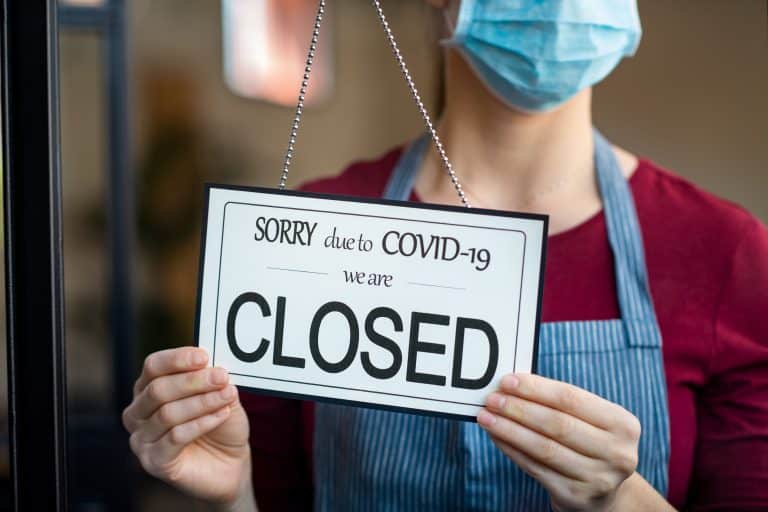In response [to] the sudden closure of bars, restaurants and other places of public accommodation by Gov. Tim Walz, who was responding to a steep rise of COVID-19 infections across the state, the Kandiyohi County Board of Commissioners will be allocating what COVID-19 relief funding it has remaining to subsidize the financial blow dealt to area businesses.
On Saturday, the Kandiyohi County Board of Commissioners called a special meeting in order, and unanimously voted to allocate whatever funds they had remaining from the federal Coronavirus Aid, Relief and Economic Security Act, or CARES Act, to businesses forced into closure.
The sudden closures caught county officials—who were already operating on an exceptionally tight deadline, having to have all their CARES dollars accounted for by Dec. 1—somewhat by surprise. “We have called this special meeting today because in order to get these dollars out, we have to get them passed today,” County Administrator Larry Kleindl told the board.
The county has $258,252 left in unallocated CARES funds—which includes $38,451 in funds from multiple municipalities and townships whose spending deadline expired on Nov. 15 and were returned to the county. The county still has $64,252 in remaining internal government expenses to account for, but the remaining $194,000 will be allocated to businesses forced to close.
Distribution will follow a two-tier system, with the groundwork laid by the Kandiyohi County and City of Willmar Economic Development Commission’s Coronavirus Relief Program (CRP) [sic], which doled out grants for CARES funds to hundreds of local businesses and nonprofits affected by the pandemic. Under this two-tier system, businesses that were awarded more than $10,000 in CRP [sic] grants will be eligible for another $5,000, and businesses that received under $10,000 will be eligible for $3,000.
“We thought this two-tier system would be a little bit more fair,” county CARES coordinator Jean Spaulding told the board.
In total, $124,000 will be allocated to bars and restaurants; $46,000 will be allocated to hospitality and entertainment, such as hotels and movie theaters; and $24,000 will be allocated to fitness centers.
“I am very comfortable with this proposal,” Commissioner Roger Imdieke said.
During their regular board meeting on Nov. 17, the County Board requested that the CARES funding be reconfigured following Walz’s executive order that forced bars and restaurants to close at 10 p.m. However, with the governor since mandating that bars, restaurants, gyms and movie theaters be closed for indoor service for four weeks, the Board decided to expand the criteria.
Though the County Board hopes that the extra funding helps local businesses stay afloat while they are closed, they concede it won’t totally alleviate the financial blow.
“We have to think about patronizing our favorite businesses while they are closed,” said Commissioner Rollie Nissen. “Maybe a meal or two a week.”
Earlier this year the U.S. Congress established the CARES act, which appropriated $150 billion to the Coronavirus Relief Fund. In late June, Gov. Walz released $841 million from the CARES Act that was divided up to counties and cities based on population.
County CARES Act money was given to the EDC which has been providing emergency loans and grants to businesses and nonprofits since the onset of the pandemic. These funds will be distributed to local businesses and nonprofits by grants. Through the EDC—which recently updated its guidelines to apply for grants—businesses and nonprofits could request up to $15,000 and $50,000, respectively, in grants. However, the deadline to apply for EDC grants for businesses and nonprofits closed at the end of October.
Lakes Area Review by Macklin Caruso

